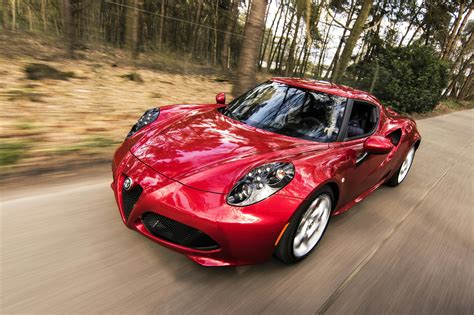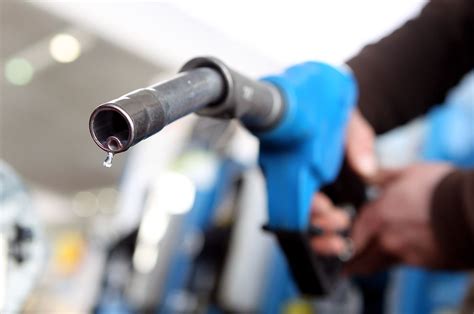Decoding the Octane Mystery: When Premium Pays Off (or Doesn’t)
The choice at the pump can often feel like a gamble. With regular, mid-grade, and premium options staring back, many drivers find themselves pondering whether shelling out extra for premium gas will unlock hidden horsepower or deliver better mileage. The truth, however, is far more nuanced than marketing claims or anecdotal evidence suggest.
What is Octane Rating and Why Does it Matter?
The octane rating you see at the pump (e.g., 87 for regular, 91 or 93 for premium) is a measure of a gasoline’s resistance to pre-ignition, also known as “engine knock” or “pinging.” This phenomenon occurs when the fuel-air mixture ignites prematurely in the engine’s cylinders, before the spark plug fires, leading to a jarring noise and potential engine damage over time. Higher octane fuel is more stable and less prone to this spontaneous combustion under high compression.
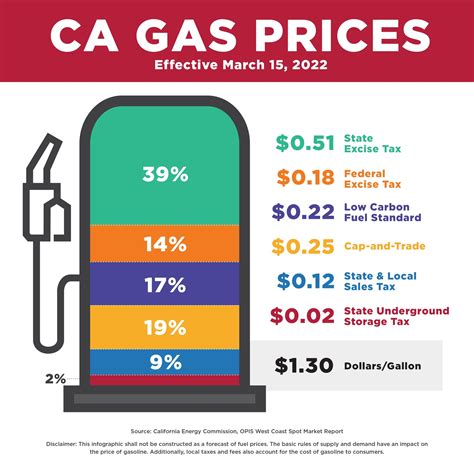
For Cars That Require Premium Fuel
Certain vehicles are specifically engineered to run on premium gasoline. These typically include high-performance cars, luxury vehicles, and those with turbocharged, supercharged, or high-compression engines. The manufacturers design these engines to take advantage of the higher octane’s knock resistance, allowing them to operate at higher compression ratios and/or boost pressures to maximize power and efficiency.
If your car’s owner’s manual specifies “premium fuel required,” it means the engine management system is calibrated to prevent knocking with higher octane fuel. Using regular gas in these vehicles can lead to the engine’s computer adjusting timing and boost to prevent knocking, which will result in reduced performance and potentially poorer fuel economy than intended. While it won’t typically cause immediate catastrophic damage (modern engines have knock sensors), it will certainly compromise your car’s designed capabilities.
For Cars That Recommend or Don’t Require Premium Fuel
This is where the “waste of money” argument often holds true. If your car’s owner’s manual states “regular unleaded recommended” or “premium fuel optional,” using higher octane gas will provide absolutely no benefit to performance or fuel economy. These engines are designed for the octane level specified for regular fuel. Their engine management systems are not calibrated to take advantage of the higher knock resistance of premium fuel.
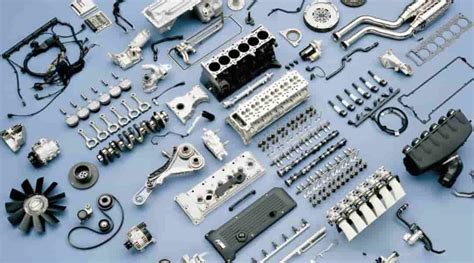
The MPG Myth: Does Premium Gas Boost Fuel Economy?
No, not for cars that don’t specifically require it. Pouring premium gas into an engine designed for regular fuel will not improve your miles per gallon. The energy content (BTUs) of premium and regular gasoline is virtually identical. The only difference is the octane rating, which relates to burn stability, not energy output. Any perceived improvement is likely psychological or due to other factors, not the fuel itself.
The Performance Myth: Does Premium Gas Make My Car Faster?
Again, for cars not designed for it, the answer is no. If your engine is not specifically tuned to utilize the anti-knock properties of higher octane fuel, it won’t produce more horsepower or accelerate faster. The engine’s computer will simply operate as designed with regular fuel, and the extra octane goes unused. It’s like giving an athlete a special supplement they don’t need; it won’t make them perform better than their natural ability allows.
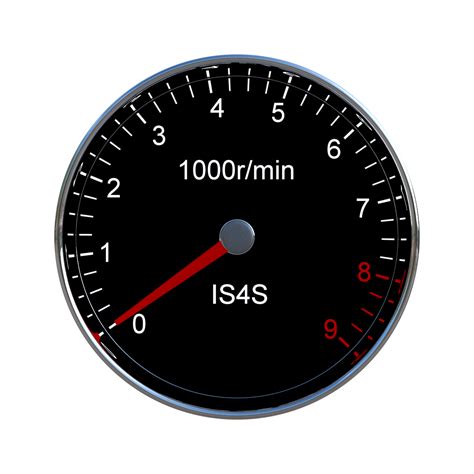
When to Consider Mid-Grade or “Top Tier” Fuels
While octane rating is distinct from fuel quality, the term “Top Tier” refers to a standard for gasoline that includes a higher concentration of detergent additives. These additives help keep engine components cleaner, preventing deposits that can hinder performance and fuel economy over time. Using Top Tier fuel (whether regular or premium) can be beneficial for any car, regardless of octane requirement, for long-term engine health.

Conclusion: Read Your Owner’s Manual
The clearest guide to whether premium gas is worth it for your car is your owner’s manual. If it explicitly states “premium fuel required,” then use it to protect your engine and ensure optimal performance. If it says “regular unleaded recommended” or “premium optional,” save your money. You won’t gain any MPG or performance benefits, and you’ll simply be spending more for no tangible return. Prioritize regular maintenance and good driving habits for true fuel economy and engine longevity.
